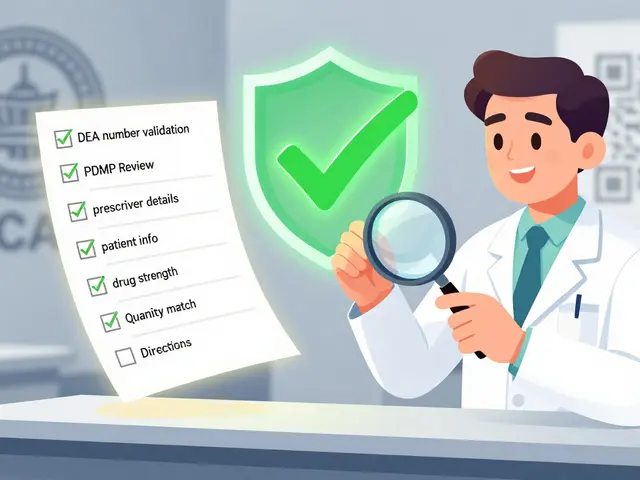General Information on Medicines, Conditions, and Patient Support
Welcome to the general information section of TheOnlineDrugstore.com. Here you find clear, practical content about medicines, common conditions, and where to get support. I write to help you understand treatments, spot red flags, and make smarter choices about your health.
Need reliable drug info? Start with the basics: active ingredient, usual dose range, common side effects, and how the drug is taken. Check interactions with other medicines and supplements. If a label or article sounds unclear, write down your questions and ask a pharmacist or doctor. Always confirm doses for children and older adults, because formulas and risks can differ.
Want to learn about a disease? Look for cause, typical symptoms, how it is diagnosed, and proven treatment options. Trust sources that cite clinical studies, official guidelines, or expert consensus. For example, HIV and AIDS care now centers on antiretroviral therapy to suppress the virus and prevent complications. That kind of concrete treatment goal is what matters when comparing options.
Safety first: never mix medications without checking. Some over-the-counter drugs change how prescription medicines work. Alcohol can worsen side effects or reduce how well a medicine works. If you notice new symptoms after starting a drug, report them promptly. Keep an updated medicines list and share it with every provider.
Practical tips for everyday care
Use a pill organizer or phone reminders to stay on schedule. Read the patient leaflet that comes with the medicine; it often lists warning signs you should not ignore. Store drugs as recommended — heat and moisture can ruin some pills. If cost is a barrier, ask about generic options or patient assistance programs. Pharmacists often know cheaper equivalents and savings programs.
Support systems and community care
Health decisions are easier with support. Family, friends, peer groups, and faith communities can offer emotional help, practical assistance, and local resources. For people affected by chronic illnesses like AIDS, faith groups often provide counseling, help with housing or meals, and help navigating services. If you need legal or financial advice, contact local social services or nonprofit clinics that work with people living with chronic conditions.
How to use this category: browse by topic, save articles you find useful, and follow links to official guidelines. If something sounds urgent, call your healthcare provider or emergency services. This page gives practical starting points but does not replace professional medical advice. Use the information to ask better questions and get clearer answers from your care team.
Know when to seek immediate help: sudden chest pain, trouble breathing, severe allergic reactions, sudden confusion, or heavy bleeding need emergency care. For non-urgent questions, try calling your pharmacy, using a nurse hotline, or booking a telehealth visit. We check facts here against drug labels, official health agency guidance, and peer-reviewed studies. If you see outdated info, flag it so we can update. Sign up for our newsletter to get straightforward updates on drug recalls, new treatments, and practical tips. You can also contact us with questions.





